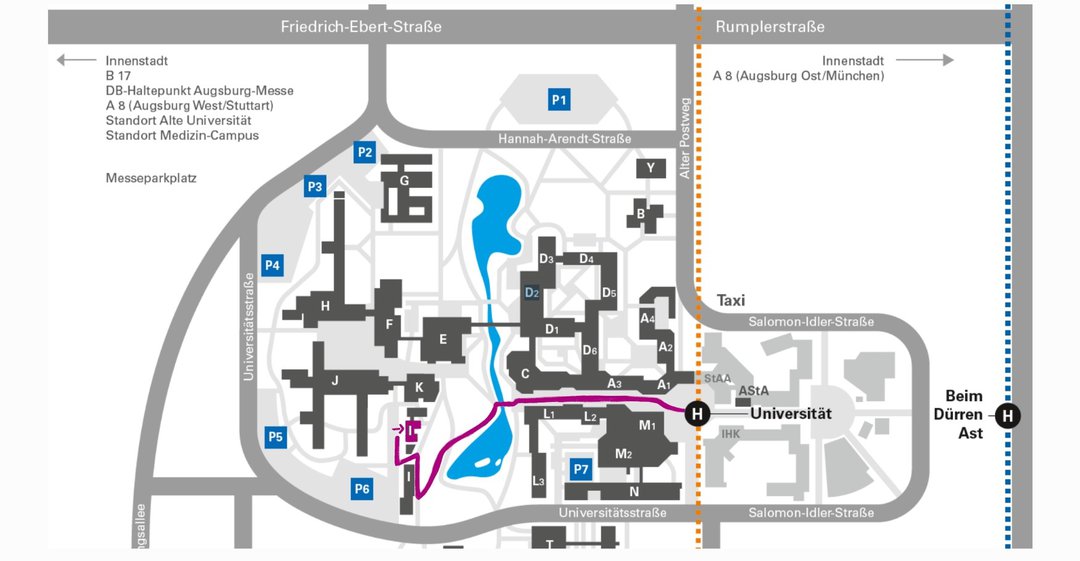Centre for Climate Resilience
Recent major flood events as well as the extremely dry and hot summers over the last few years have demonstrated that climate change and its consequences are becoming increasingly noticeable in Central Europe and are already having a major impact on people’s lives. Despite diverse political efforts and growing global awareness of the urgency of reducing greenhouse gas emissions, emissions continue to rise. Climate change is one of the most severe global challenges facing humanity. Both our past and our present actions continue to exert significant influence on the climate and the living conditions of future generations.
In view of the irreversibility of climate change impacts, active, sustainable climate policy requires the development and implementation of specific adaptation strategies. In order to maintain our health and prosperity, economic productivity, biodiversity, and long-term sustainable coexistence with the environment, ecological systems as well as our society and economy must become resilient to the impacts of global climate change.
Climate resilience entails the reduction of vulnerability to climate impacts and the strengthening of our capacity to adapt. Climate resilience therefore includes a broad spectrum of areas ranging from ecosystems to human health and society, economy, politics, and law. Climate resilience requires a comprehensive transformation.
The aim of the Centre for Climate Resilience is to develop the scientific foundations for adapting to the inevitable consequences of climate change, as well as developing holistic and implementable adaptation strategies for application at regional, national, and international levels.
Green Research Network "BRaVE"
The Green Research Network "Building Climate Resilience for a Vital Environment (BRaVE): Identification of Vulnerabilities, Indicators, and Implications for Actions" has started on November 1st, 2024. The kick-off event took place on 23 January, together with the President of the University, Prof. Dr Sabine Doering-Manteuffel.
The aim of BRaVE is to develop interdisciplinary methods to identify climate-related vulnerabilities and to derive quantitative and/or qualitative indicators for the early identification of risks. This will be used to develop sustainable solutions to mitigate these risks. The vulnerabilities to be addressed cover a wide-range of disciplines at the CCR, including geoscientific, resource-economic, logistical, medical, social, political, and legal risks.

Publications and Research
News
CCR participates in the International Climate Resilience Conference (iCARE) 2025

New Research Network on Industrial Ecology Launched

The twin crises of biodiversity loss and climate change
As part of the Center for Climate Resilience lecture series, Prof. Dr. Katja Tielbörger will speak on January 22, 2026, on the topic of “Species extinction and climate change – a twin crisis.”
The lecture will take place from 4:00 p.m. to 5:30 p.m. at the Center for Climate Resilience (Room 1201/1202).
All interested parties are cordially invited to attend.

Current Events
Kontakt & Anschrift
Contact & Postal address
Centre for Climate Resilience - CCR
Universität Augsburg
Universitätsstraße 12
86159 Augsburg
Tel: +49 821 598-4802
E-Mail: info@ccr.uni-augsburg.de
Directions & Parking
The CCR ist based in the building I on the campus map.
Precise directions on how to get us with public transport or by car an be found on the bottom of this page.
Parking: P5 + P6






